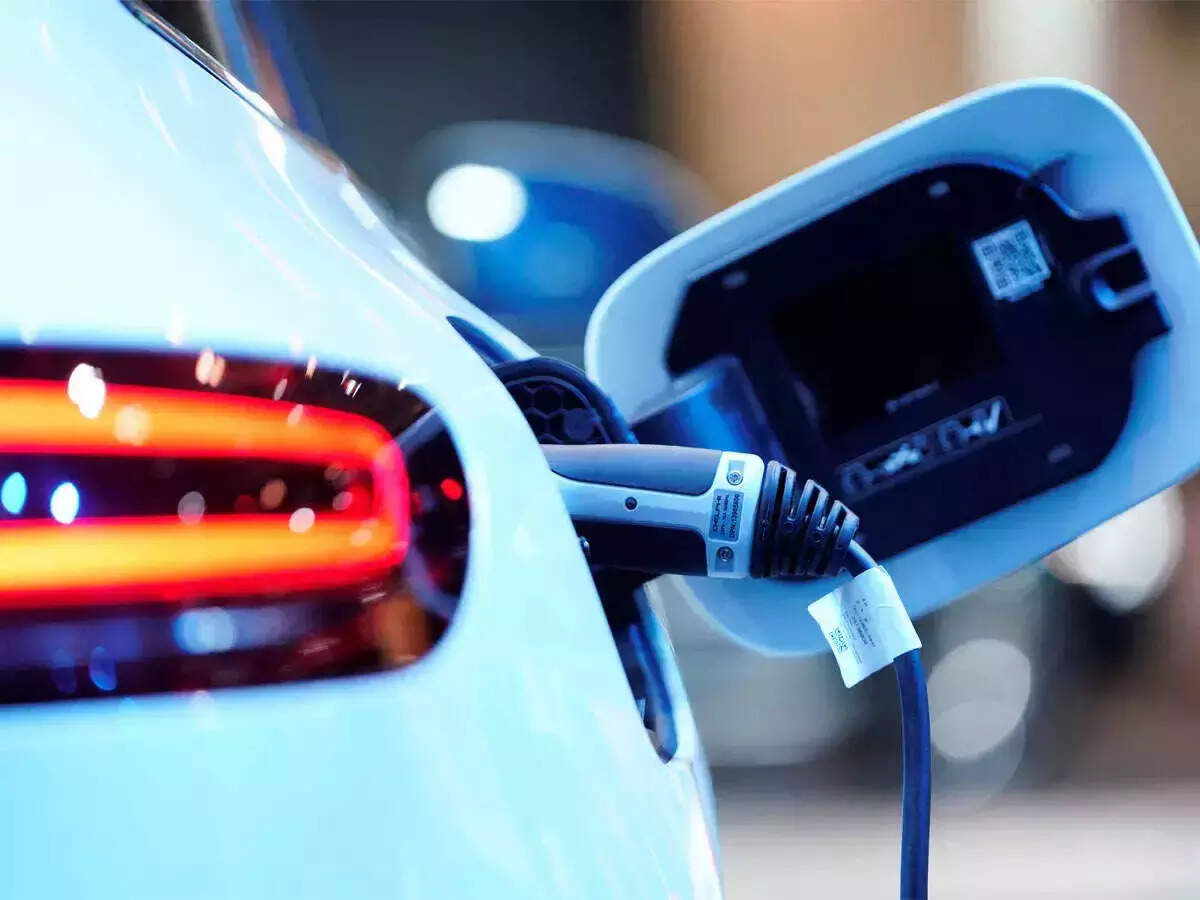
Just seven electric-vehicle (EV) charging stations have begun operating with funding from a USD 5-billion U.S. government program created in 2021, marking “pathetic” progress, a Democratic senator said on Wednesday.
Automakers and others say drastically expanding EV-charging stations is crucial to the wide deployment of electric vehicles, which are part of the Biden Administration’s efforts to reduce greenhouse gas emissions.
The seven EV-charging stations deployed to date under a 2021 U.S. program consist of a few dozen total charging ports, said Shailen Bhatt, who heads the Federal Highway Administration (FHWA), at a Senate Environment and Public Works (EPW) committee hearing.
“That is pathetic. We’re now three years into this … That is a vast administrative failure,” said Senator Jeff Merkley. “Something is terribly wrong and it needs to be fixed.”
He also criticized the fact that EV-charging stations cannot be deployed at rest stops under existing federal highway rules.
Bhatt said he too is frustrated with slow deployment and said the agency is working with states on their plans to deploy EV chargers.
“There are a number of problems,” Bhatt said, noting states are dealing with multiple programs.
Senate EPW committee chair Tom Carper said he was considering holding a hearing on slow EV-charging deployments.
“We want to make sure that the federal money that we have allocated is being used for the right purposes,” Carper said.
Republican lawmakers in February raised concerns with implementation of the EV program and said “little progress has been made.”
The White House goal is to grow the nationwide network of chargers to 500,000 ports, including high-speed chargers – no more than 50 miles (80 km) apart – on the nation’s busiest highways.
Energy Secretary Jennifer Granholm told Reuters on Tuesday that 27 states have issued commercial requests to build charging stations and she expected about 1,000 EV-charging stations in public places to be operational by year-end from the federal government program.
“These are the hardest ones to do,” Granholm said, adding that some areas where charging stations will be deployed do not yet have electricity.
As of December, the United States had 183,000 public charging ports and since the start of the Biden administration, the number of publicly available fast-charging ports has increased by 90%, Bhatt said, adding he is confident the United States will hit the 500,000 charging port goal.

